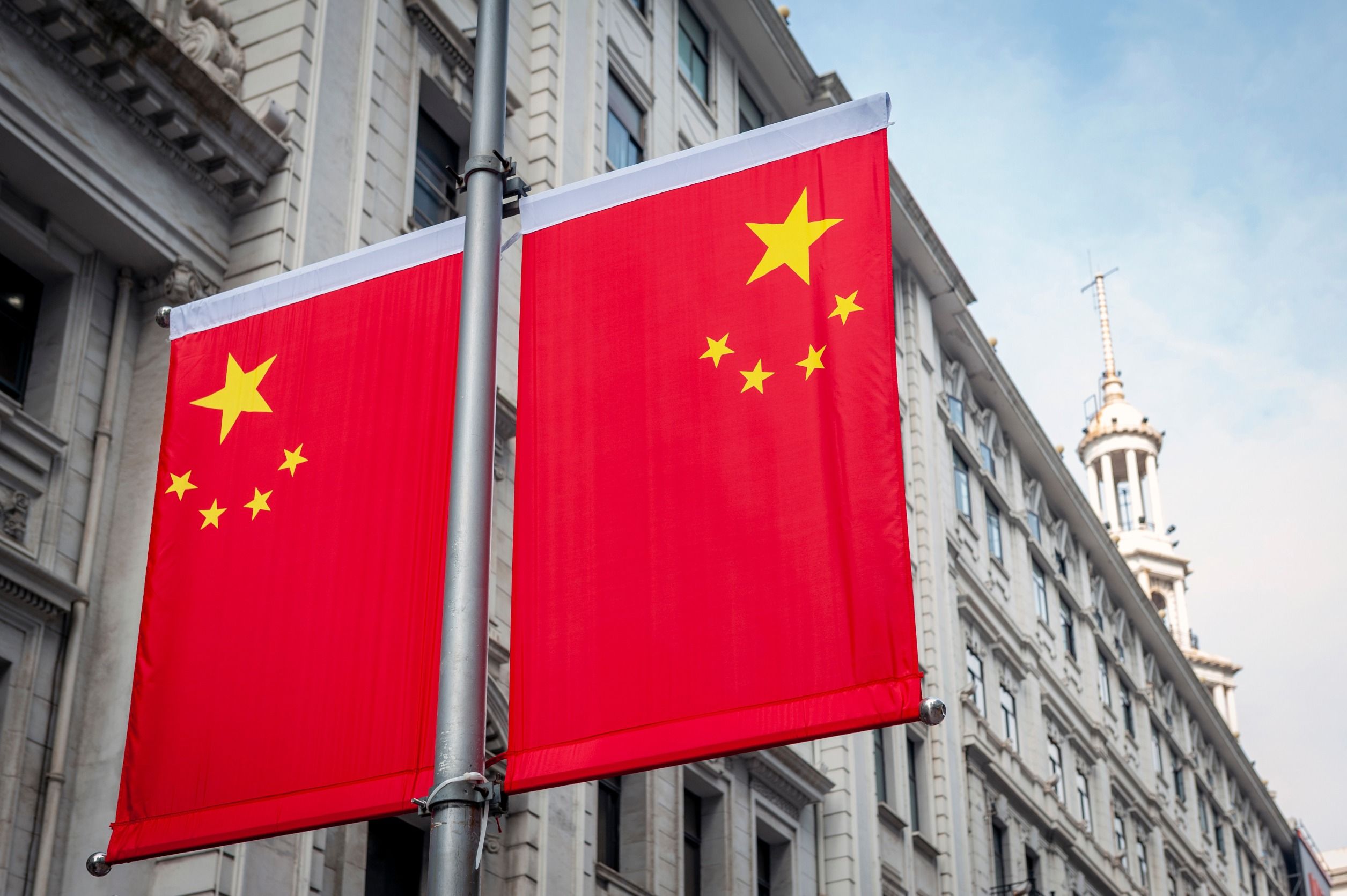After a strong start, with shares surging over 10% following the Golden Week holiday, Chinese stocks reversed course as the much-anticipated news conference failed to deliver substantial details about boosting the country’s sluggish economy.
In a session marked by volatility, the Shanghai Composite Index in mainland China climbed about 5% by late morning, while Hong Kong’s Hang Seng Index tumbled 5%, reflecting a split in investor sentiment.
Unmet expectations from China’s economic planners
Market participants had eagerly awaited further insights into the Chinese government’s plans to reignite economic growth.
However, the National Development and Reform Commission (NDRC) offered little clarity.
NDRC Chairman Zheng Shanjie attempted to strike a confident tone, asserting that China will achieve its economic and social targets for the year.
However, he acknowledged mounting pressures, stating, “The downward pressures on China’s economy are also increasing.”
Zheng also confirmed plans to allocate 200 billion yuan ($28bn; £21.5bn) for spending and investment projects by the year’s end.
Despite the announcement, investors were left disappointed by the absence of a more robust fiscal stimulus package.
Market reaction to stimulus shortfall
“The market really expected more,” said Alicia Garcia-Herrero, chief economist for the Asia Pacific region at Natixis.
“The correction will be even stronger if the data on the Golden Week in terms of consumption is weak,” she added, emphasizing the market’s reaction to the perceived lack of tangible measures.
Garcia-Herrero also critiqued the government’s timing, stating, “I would not have organized a press conference not to announce anything new.”
Growing concerns over China’s economic trajectory
China’s leadership has been under pressure to revive confidence in the world’s second-largest economy as fears mount that the country might fall short of its 5% annual growth target.
In recent months, authorities have unveiled a range of measures aimed at shoring up the economy, including support for the embattled property sector, stock market interventions, direct financial aid to low-income households, and increased government spending.
However, some economists remain skeptical about whether these moves will be sufficient to tackle the deep-rooted issues facing China’s economy.
Many argue that the country needs broader structural reforms to achieve sustainable, long-term growth.
China’s economic expansion has been decelerating, weighed down by a struggling real estate market, deflationary trends, and other significant challenges.
While the government’s stimulus efforts signal a commitment to addressing these concerns, the lack of clear and decisive action has left many investors cautious about the future trajectory of the economy.
The post China stock surge stumbles as investors unimpressed by economic stimulus appeared first on Invezz

